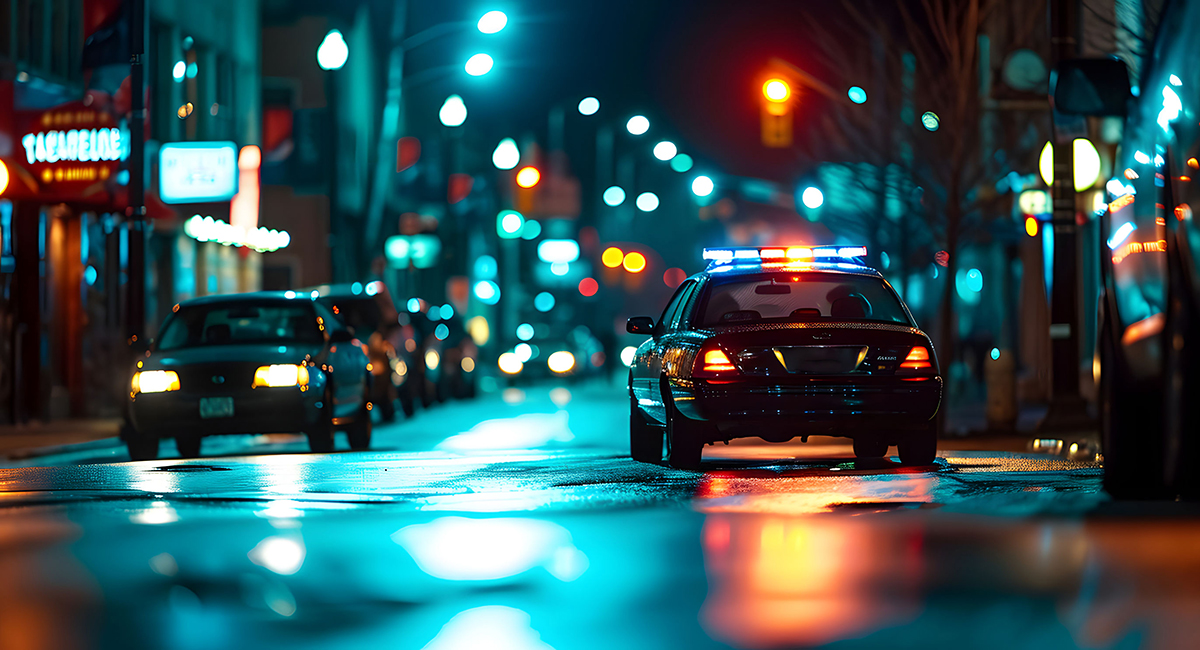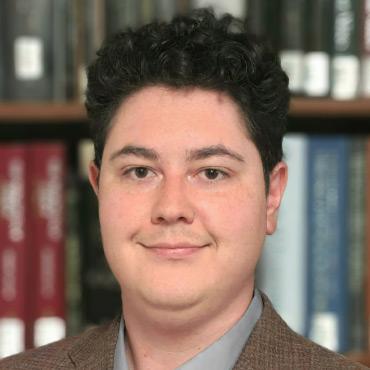At a time when Bay Area residents are reeling from crime in their neighborhoods, policing reforms should be very welcome, but not all proposed reforms are good ones. San Francisco voters will decide in March whether to approve Proposition E, which would make changes to the San Francisco Police Department’s procedures and police oversight. Mayor London Breed enthusiastically supports the measure, despite Proposition E garnering controversy from civil liberties groups. Sadly, the proposition is mostly a bill of goods with heavy downsides.
Proponents claim that the measure would fix procedures that unnecessarily tie the police’s hands at a time when police need more power. Broadly speaking, the proposition would allow more vehicle pursuits, reduce record keeping and ease limits on surveillance technology.
The current SFPD policy bans high-speed vehicle pursuits except for following felony suspects or persons who pose an immediate risk to public safety. The policy was enacted in 2013 and has been backed by SFPD because high-speed pursuits carry substantial risks to officers and the general public, especially in a dense city like San Francisco. Between 2018 and August 2023, roughly 38 percent of pursuits resulted in a collision, including a fatal incident in the Mission District last year. Providing more officer discretion or adding more parameters to tighten controls of this policy may be worthwhile, but that is about where the good of Proposition E ends and the bad begins.
Prop. E would also remove the duty to file use-of-force reports, unless a person is injured or a firearm is used. Reducing the administrative workload for officers is a noble goal. Administrative red tape can take officers away from mission-critical tasks, and officers should not be unnecessarily sidelined, but Prop. E would make paperwork cuts in the wrong area. In an assessment of the SFPD, the U.S. Justice Department gave San Francisco an explicit directive that SFPD needed to increase, not decrease, their documentation of use-of-force incidents, adding, “A series of incidents involving the SFPD has raised questions about the department’s use of force practices, accountability and oversight of its practices.”
Administrative efficiency should not come at the expense of potential police misconduct and its reporting, especially when use-of-force reports are unlikely to represent a significant percentage of an officer’s paperwork burden. In addition, the Board of the Bar Association of San Francisco warned that Proposition E would “subject this City to countless legal actions” because of the way it “contravenes laws and regulations.”
Finally, the popular dialogue surrounding San Francisco’s surveillance technologies ordinance implies that SFPD is barred from using surveillance cameras or technology. For example, Supervisor Matt Dorsey, writing in support of the proposition, claimed, “San Francisco needs the flexibility to use cameras and surveillance technology to protect public safety in the same way other California counties do.” But Dorsey is mistaken. SFPD can, and does, operate surveillance technology, and is allowed to continue doing so. In fact, the city is currently installing 400 automated license plate readers, in addition to the readers the city already has, it uses private surveillance cameras and it has a network of speed safety cameras.
What Prop. E does instead is remove safeguards. The current San Francisco surveillance technology ordinance, which Prop. E would weaken, requires that new technologies be approved by the Board of Supervisors and have a use policy to accompany the technology. Prop. E allows the SFPD to circumvent the Board and use whatever it sees fit without any check that the technology will be used safely, effectively or legally—a step back, in terms of accountability.
Proposition E does not align with the city’s transparency, accountability and responsible governance values. Regardless of the rising crime levels in San Francisco and around the Bay Area, giving the police more discretion without proper transparency, accountability and oversight is dangerous. For those reasons, Proposition E misses the mark, and voters should defeat the measure.








